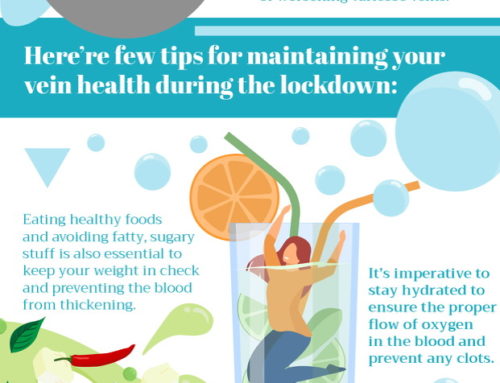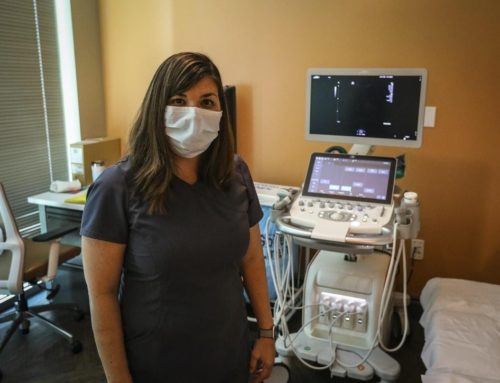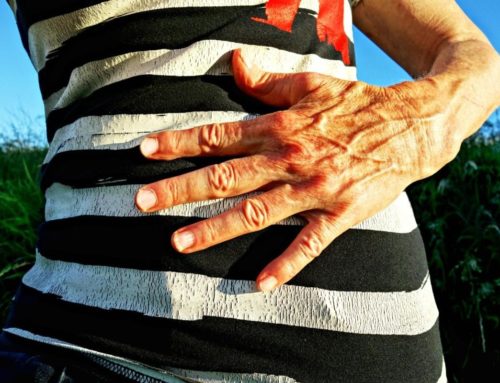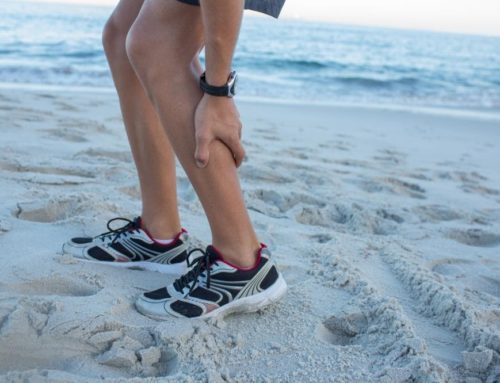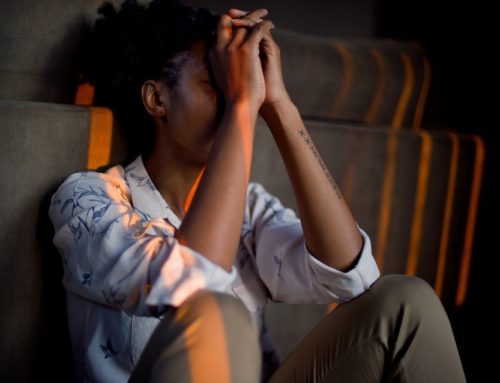Since the first appearance of COVID-19 in December of 2019, the viral infection has spread throughout the world like a massive tsunami, leaving thousands of people dead in its wake.
The disease left leading scientists and doctors stumped as they scrambled to find a cure and contain its spread.
However, recently, there has been some clarity behind the cause of the disease, how it spreads, and why it left so many people fighting for their lives. A fundamental discovery among patients with the most severe form of COVID-19 was the formation of blood clots in the body. The viral infection increases the formation of small and large blood clots that affect various vital organs and functions throughout the body.
An investigation led by the team at MIT found that almost 70% of people who lost their lives to the disease had blood clots blocking the small blood vessels in their bodies. The study also found that the patients who were given drugs to dissolve the blood clots showed immediate improvements.
Blood Clots and Their Effects on The Body
Our circulatory system allows blood to both clot and flow freely. If you cut your finger, the body will immediately respond by clotting the blood in the area so you don’t bleed to death. While clotting is helpful in such circumstances, certain conditions can trigger clotting inside the veins and arteries when it’s not needed.
Once a clot forms in a major artery of the body, it will block the fresh, oxygen-rich blood from getting to nearby organs. This will cause the organ to start suffocating and ultimately, it will fail.
A clot in a major vein can prevent the oxygen-depleted, used-up blood from getting back to the lungs and heart to be refreshed. The result will be congestion and swelling as the body works harder against the clot to ensure optimal circulation.
In the most severe cases, the clot can break away from the vein wall, and travel to the lungs resulting in a fatal condition called a Pulmonary Embolism. Patients with PE will experience acute chest pains, heart strain, shortness of breath, or even sudden death.

COVID-19 And Blood Clots
A pulmonary complication is one of the key indicators of a COVID-19 infection and requires the patient to be put on a ventilator to support breathing and oxygenation in the blood.
A study conducted by Mount Sinai Hospital in New York City found that the coronavirus causes inflammation. As a result, the arteries in the lungs become blocked with clots, leading to organ failure. Many doctors are now prescribing blood thinners to patients hospitalized with COVID-19 to prevent the formation of clots that lead to blocked arteries.
Understanding blood clots and how they are formed is essential for staying healthy. Healthy vein health is critical to prevent complications in case of a COVID-19 infection and can increase your chances of avoiding complications such as blood clots.
Get Your Veins Assessed by Professional Vein Experts in New York:
If you are concerned about your vein health and suspect a possible blood clot, you should get your veins assessed immediately.
Varicose Veins Doctors offers expert vein assessment, examination for blood clots, accurate diagnoses, and effective treatment options for optimal vein health. The experienced vascular surgeons and vein experts can guide you regarding lifestyle habits and proper vein care to prevent your legs and arms from developing blood clots.
Get in touch with them today for any questions or concerns regarding your vein health!

